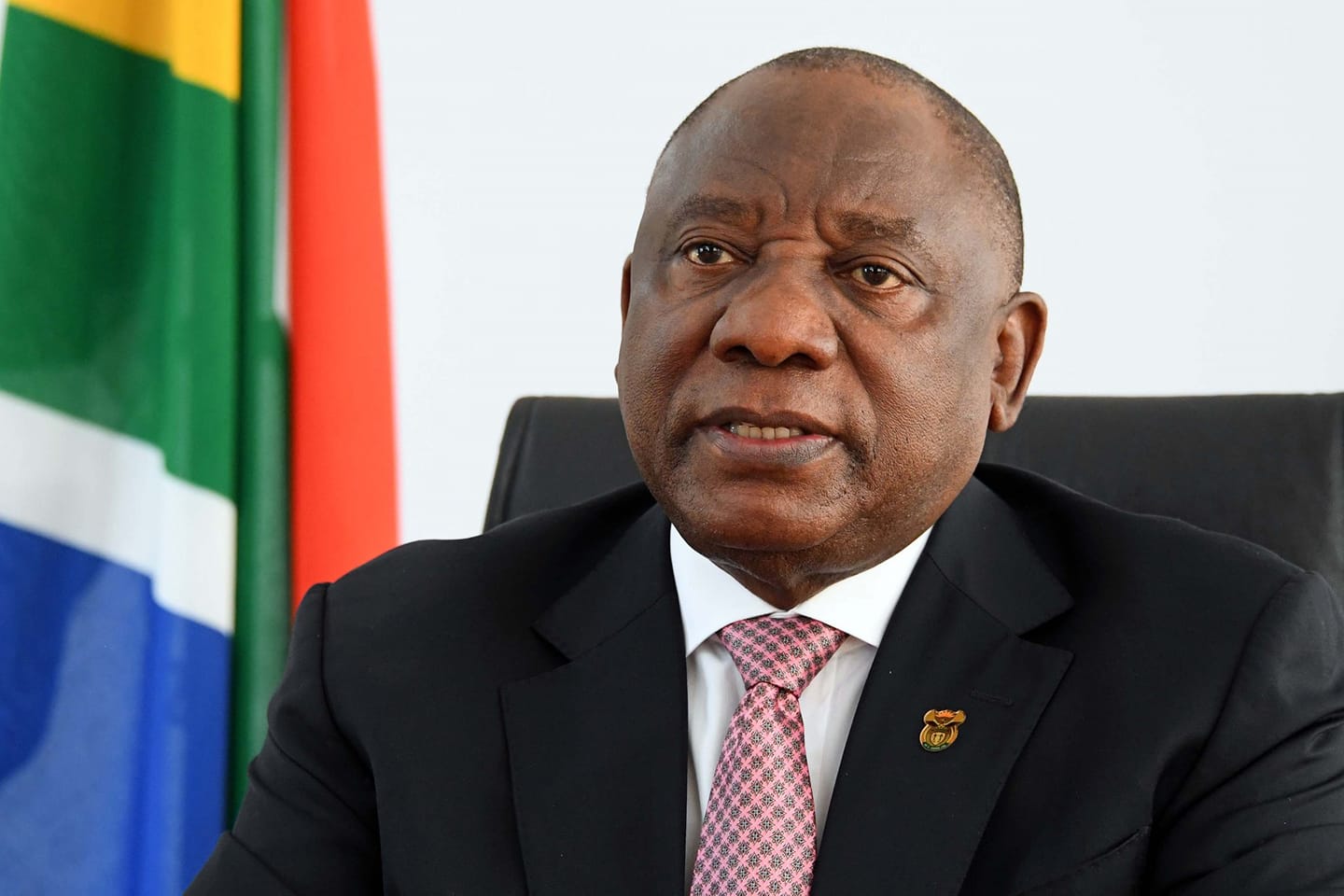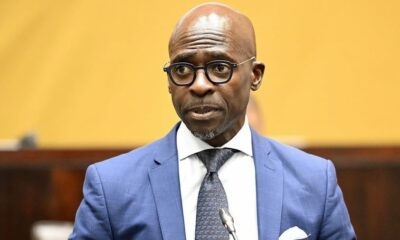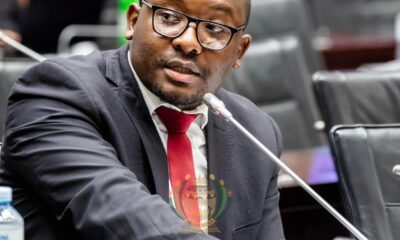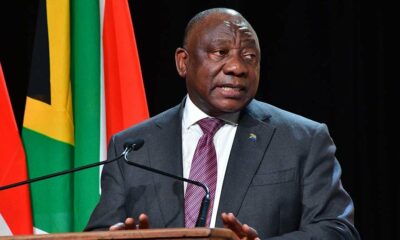News
Ramaphosa Says Police Inquiry Is Key to Ending State Capture Era

Commission aims to root out criminal infiltration and reinforce public faith in law enforcement
President Cyril Ramaphosa has strongly defended his decision to launch a judicial commission of inquiry into the serious allegations against Police Minister Senzo Mchunu, insisting the move is essential to safeguard public confidence and continue undoing the damage left by the era of state capture.
Speaking to the nation on Sunday night and again in his weekly newsletter on Monday, Ramaphosa reiterated that only an independent and credible process could properly address claims of criminal infiltration in South Africa’s security structures.
Why this commission matters now
The commission follows stunning accusations from KwaZulu-Natal Police Commissioner Nhlanhla Mkhwanazi, who alleges that Mchunu interfered with investigations and helped dismantle a key unit probing political killings. Mkhwanazi also claimed there are criminal syndicates operating within the law enforcement and intelligence networks, some with political protection.
In response, Ramaphosa placed Mchunu on special leave and appointed Acting Deputy Chief Justice Mbuyiseli Madlanga to lead the inquiry.
“It is necessary that we establish the facts through an independent, credible, and thorough process so that we can safeguard public confidence in the police service,” Ramaphosa wrote.
“This is particularly important as we seek to put the era of state capture behind us.”
More than just one man under scrutiny
The scope of the inquiry extends well beyond Minister Mchunu. According to the president, the commission will consider prima facie evidence involving any individuals within law enforcement or intelligence agencies. If necessary, the commission can recommend criminal charges, disciplinary action, or suspensions.
Ramaphosa emphasised that rebuilding the integrity of the criminal justice system remains a top priority.
“We are determined that the important work that has been done to rebuild our law enforcement agencies and security services should not be compromised.”
Facing criticism head-on
Not everyone is convinced that placing Mchunu on special leave is enough. Critics, including opposition parties like the DA, EFF, and MK Party, have said the move is too soft and argue that Mchunu should have been dismissed outright, rather than temporarily removed with full benefits.
But Ramaphosa insists the rule of law and due process must take precedence over populist demands, especially when the country is still recovering from the governance failures of the Zuma years.
Restoring credibility: Still a long road ahead
The announcement comes amid what Ramaphosa described as “significant progress” in the fight against corruption and organised crime. He cited work by the Special Investigating Unit (SIU), Asset Forfeiture Unit, and other bodies as examples of how law enforcement is beginning to turn the tide.
Yet, the very need for this inquiry, one targeting alleged internal rot, shows how deep the wounds of the state capture era still run. South Africans remain sceptical after years of broken promises and failed commissions.
That’s why Ramaphosa is asking the public not just for patience, but for active support.
“We call on all South Africans to support the commission in its work and, where appropriate, to provide any information or assistance the commission may require.”
A moment of truth for Ramaphosa and the ANC
This inquiry could serve as a defining moment in Ramaphosa’s presidency. If it uncovers credible evidence and leads to real accountability, it might finally restore some trust in public institutions. If it falters or drags on without consequence, like previous commissions, it could erode whatever confidence the public still holds in democratic oversight.
The stakes are high, not just for the ANC, but for a country still reckoning with the ghosts of its recent past.
{Source: The Citizen}
Follow Joburg ETC on Facebook, Twitter , TikTok and Instagram
For more News in Johannesburg, visit joburgetc.com



























